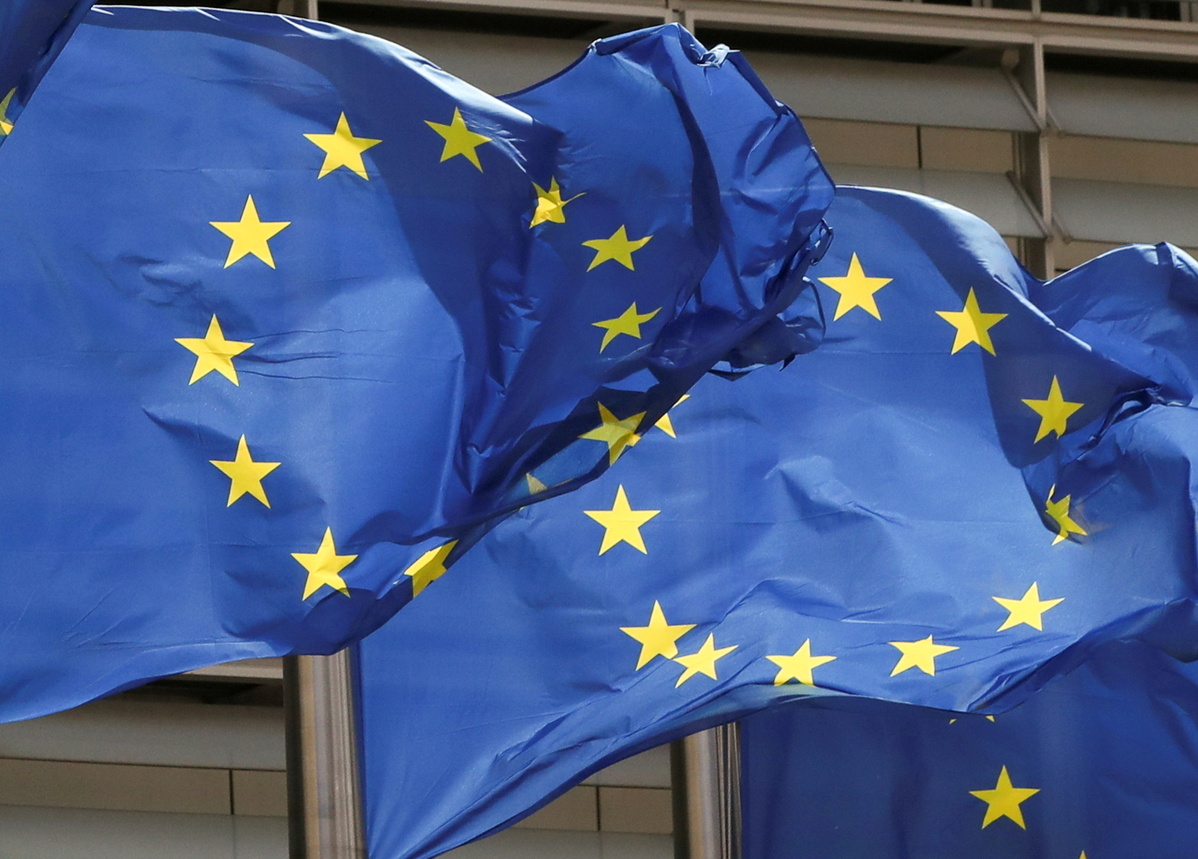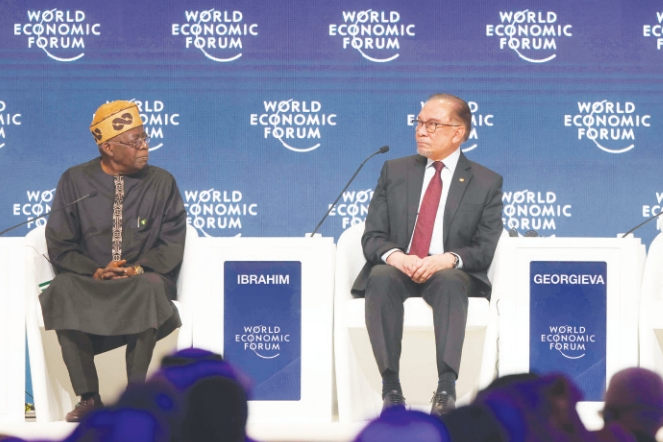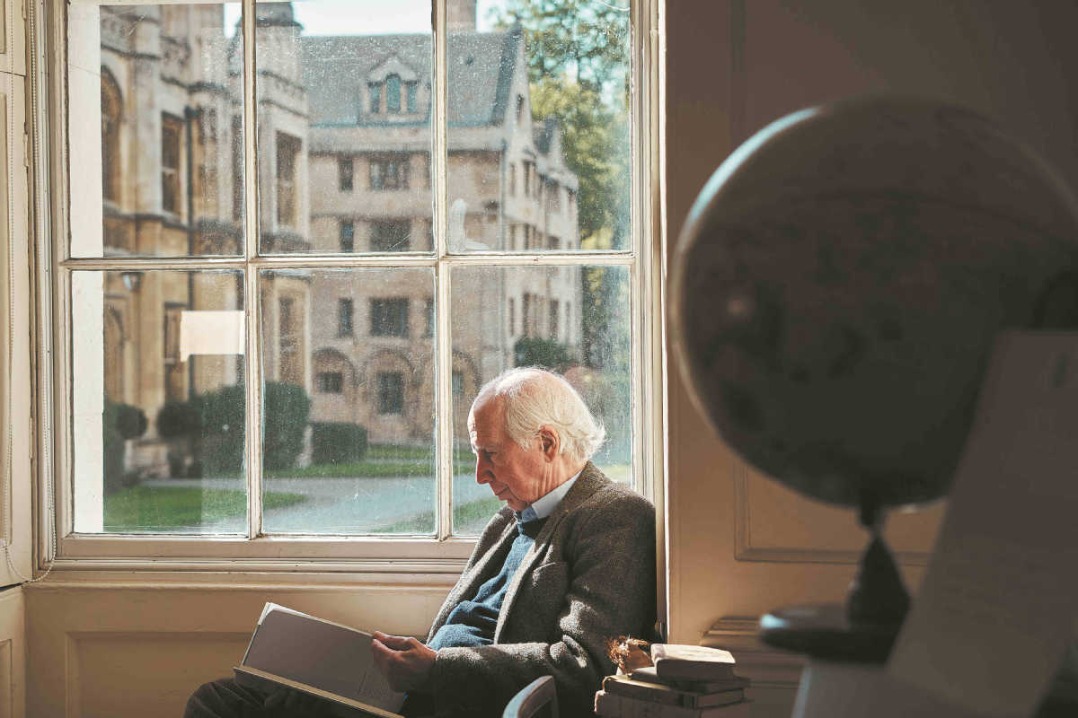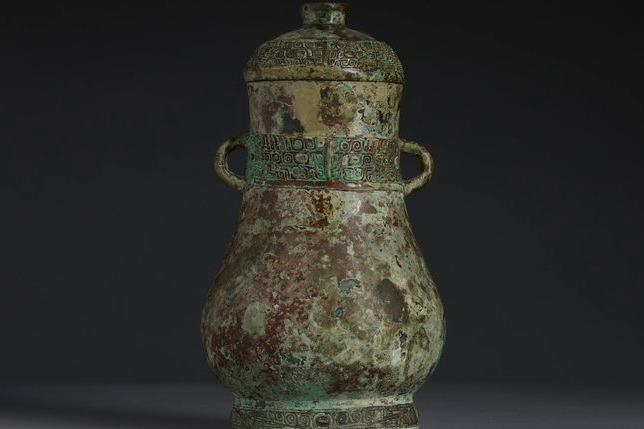Independent stand urged for Europe
Two major geopolitical conflicts add to bloc's growing challenges, experts say


With two geopolitical conflicts unfolding on its borders, both seeing no hope of a quick solution, the European Union faces increasing challenges and needs to strengthen its ability to act autonomously, analysts said.
The Russia-Ukraine conflict has been ongoing for more than two years, with both sides entrenched on the battlefield and the prospect of peace still elusive. Since the outbreak of the conflict, EU countries have followed the policy of the United States, providing military aid to Ukraine and imposing a series of economic sanctions on Russia. These sanctions have had a significant impact on Europe's economy, causing rising energy prices, high inflation and huge losses for businesses.
After the outbreak of the Palestine-Israel conflict in October, the Houthi group in Yemen has launched attacks against what it calls Israel-affiliated and bound ships in and around the Red Sea, an essential channel linking Europe and Asia, since November. As shipping through the Red Sea has been rerouted, delivery times for shipments between Asia and the EU have increased by 10-15 days, which has disrupted global maritime trade and supply chains and made the EU's economic recovery more difficult.
The protracted Russia-Ukraine conflict and the escalation of the Palestinian-Israeli conflict have had a serious impact on the security, economy, and society of Europe, making the road of seeking security and promoting the development of the EU mired in difficulties, said Ding Chun, director of the Centre for European Studies at Fudan University.
Ding said that European countries have essentially been involved in the Russia-Ukraine conflict. European nations generally see the conflict as a challenge to European security or even to the entire existing international order. They tend to regard supporting Ukraine against Russia as a politically correct act to uphold their security and justice. However, due to Europe's military reliance on the US and NATO, the EU's policy on the Russia-Ukraine conflict is tied to that of the US.
"Despite being well aware that the US has economically profited from the conflict without considering the interests of its European allies, while the European economy has suffered from the sanctions imposed on Russia, its military dependence on the US has weakened its strategic autonomy," he said.
Sven Biscop, director of the Europe in the World Programme at the Egmont-Royal Institute for International Relations in Brussels, said he never expected that sanctions would force Russia to end the conflict. But as long as the conflict continues, the EU will deliver military support to Ukraine for as long as it takes.
Zhang Lihua, a professor in the Department of International Relations at Tsinghua University in Beijing, said that from the EU's position on the Russia-Ukraine conflict, the influence from the US is obvious.
Negative effects
However, EU sanctions against Russia have not achieved the goal of weakening Russia; instead, they have brought significant negative effects to the European economy, she said. In the context of the Russia-Ukraine conflict, the EU underestimated Russia's capacity to withstand Western sanctions, which is largely due to the one-sided perception of Russia and EU-Russia relations by the leaders of the EU and its major member states, said Zhang.
The EU regards Russia as the greatest threat to Europe, only seeing the negative aspects of EU-Russia relations, without recognizing the positive potential for cooperation, she said.
Zhang said they fail to realize that if NATO had not repeatedly expanded eastward, Russia might not have had such a reaction. During Angela Merkel's tenure as chancellor of Germany, relations between Germany and Russia, as well as between the EU and Russia, were relatively relaxed. Russia's energy was imported into Europe in large quantities, and European products were exported to Russia, and trade exchanges were mutually beneficial, she said.
Comparatively, the EU's stance on the Palestine-Israel conflict is different from that of the US, demonstrating a degree of strategic autonomy and considering issues based on its own interests, Ding said.
Reducing dependence on the US and pursuing strategic autonomy has been a long-term goal for Europe, but as things stand, Europe is still influenced by the US on a range of international issues and is unable to make decisions based entirely on its own interests. Gaining strategic autonomy is what the EU should do, Ding said.


































